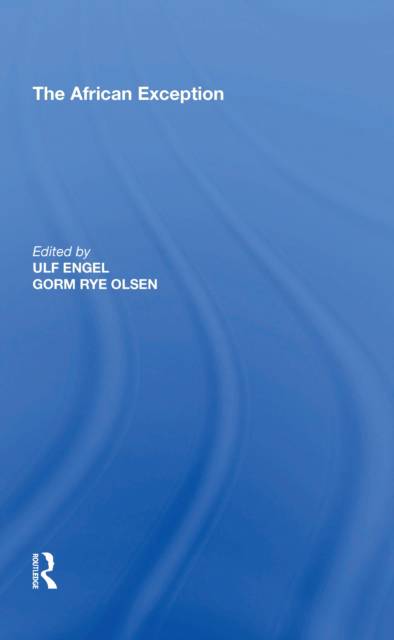
- Afhalen na 1 uur in een winkel met voorraad
- Gratis thuislevering in België vanaf € 30
- Ruim aanbod met 7 miljoen producten
- Afhalen na 1 uur in een winkel met voorraad
- Gratis thuislevering in België vanaf € 30
- Ruim aanbod met 7 miljoen producten
Zoeken
Omschrijving
Governance has become an important concept in the politics of African development. It is therefore a crucial concept for social science analyses focusing on Africa. In public discourse Africa's future is being shaped by a combination of external interventions backed by African elites who cooperate with the donors, whose understanding of the importance of 'good governance' they share. This groundbreaking book disentangles the analytical aspects of governance from its political and normative connotations. The 'African exception' - the difference in 'development' between Africa and other regions of the South - can be understood by analysis focusing upon the specific forms of governance played out in politics and economics. The perspective of neo-patrimonialism is crucial but not sufficient here. The first section of the book explores African governance in two functional spheres: the political realm and the economic. Section two looks at new areas of governance in Africa: violent social spaces, HIV/AIDS and entrepreneurial urban governance.
Alleen bij Standaard Boekhandel
+ 391 punten op je klantenkaart van Standaard Boekhandel
Beoordelingen
We publiceren alleen reviews die voldoen aan de voorwaarden voor reviews. Bekijk onze voorwaarden voor reviews.












